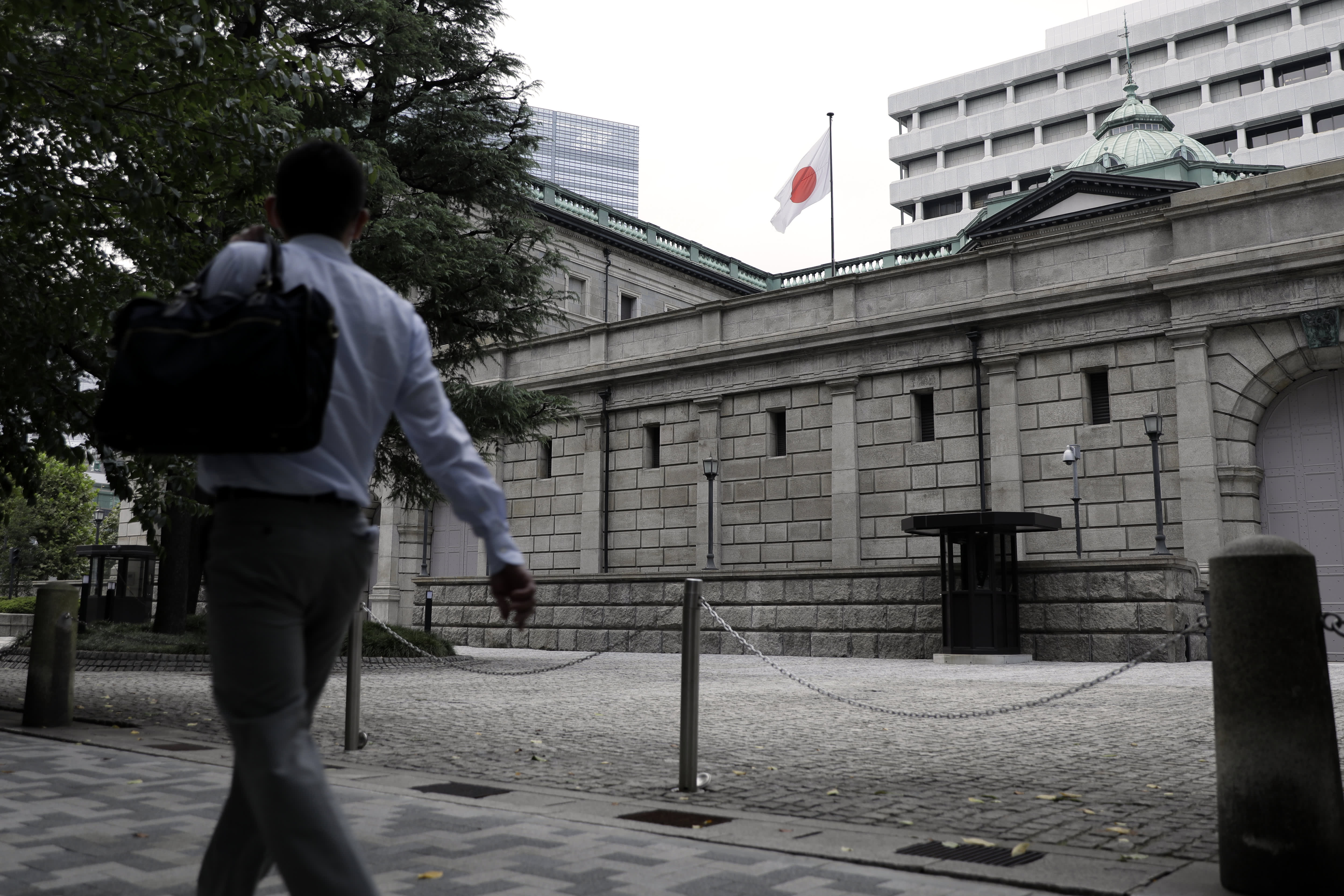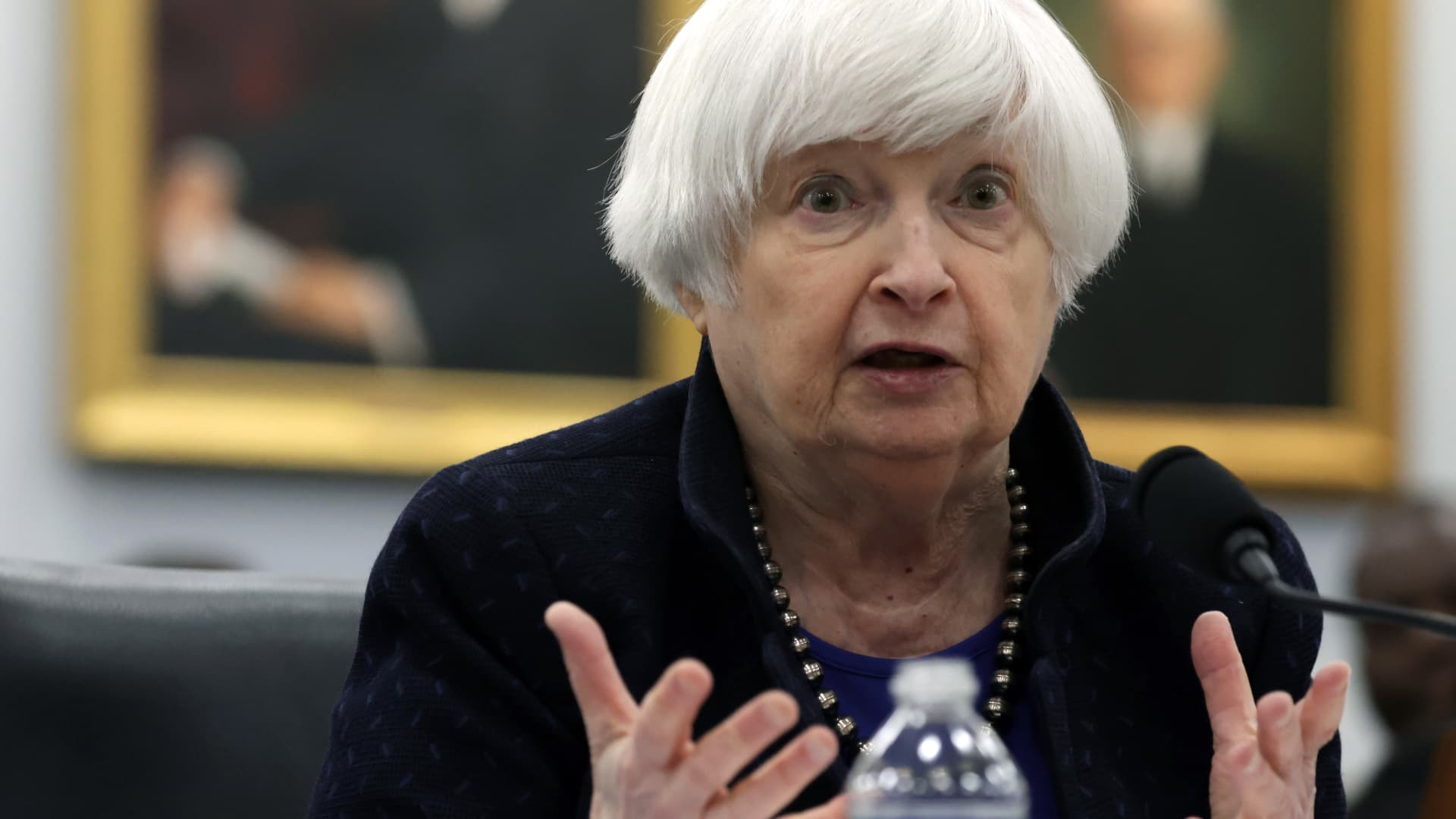The Bank of Japan may have an opportunity to start normalizing rates this year, says BofA

The Bank of Japan now has a window of opportunity to get interest rates “a little bit back closer to normal,” said Izumi Devalier of BofA Global Research.
In the near term, Japan’s central bank could make a one-off policy adjustment to increase interest rates and to give a “little bit more flexibility” for long-term yields to trade, said the BofA chief Japan economist.
Japan adopted negative interest rates in 2016 in an effort to combat decades of deflation by encouraging borrowing and spending. But the BOJ has struggled for years to meet its elusive inflation target, preventing the central bank from raising rates back to normal levels.
But BofA expects the BOJ to end its negative interest rate policy at its October meeting and move the ceiling on its 10-year yield target to 0.5% from the current 0.25%.
“Near-term focus will be more on growth risks, and then if we do get a stabilization, I think we could get the move later in the year,” Devalier added.
Domestic activity
Devalier explained that the fundamental reason behind the BOJ being able to take the next step toward normalization is because of the inflation situation in Japan.
“Under Governor [Haruhiko] Kuroda, I do think the risks of disinflation or deflation have receded,” she said. “And now, firms may not be aggressively hiking prices, but they’re less likely to be compelled to cut in the face of weak demand or an FX shock.”
While many economies are struggling with surging inflation, consumer prices have been relatively stagnant in Japan for years. Lackluster inflation or deflation stifles wages and corporate investment, which in turn limits economic growth.
Subsiding deflation risks are a “paradigm shift” for Japan, she said, adding the country is possibly heading towards a sustained inflation level of 1%.
“The new government under [Prime Minister Fumio] Kishida is also less supportive of reflation, or especially aggressive BOJ easing at all costs,” she said.
Ukraine risks
“However, the Bank of Japan is going to remain very cautious, especially with the developments around Ukraine, and the downside risks to the global economy from the development,” Devalier said.
The war in Ukraine has driven energy prices higher as the West punishes Russia — the world’s third-largest oil producer — by targeting Russian banks and oil.
With oil prices rising, she said this might mean “upside risks to Japan’s inflation outlook and downside risks to growth.” She noted Japan is a net energy importer with a majority of its crude oil from the Middle East and Russia.
“A rise in energy prices, especially if it is driven by a supply side shock, which this is, is going to be a headwind for growth,” Devalier said.




